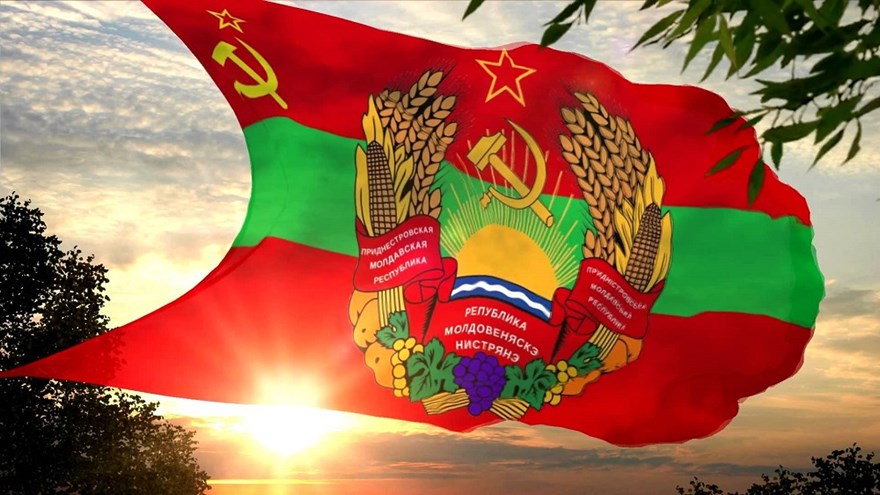“We, the multinational people of the Pridnestrovian Moldavian Republic, are united on our land by a common destiny; asserting the rights and freedoms of a person, the free development of the individual ..."
This way begins the text of the Pridnestrovian Moldavian Republic Constitution, adopted at a national referendum 23 years ago. At that time, 81.8 percent of Pridnestrovians who took part in the voting supported proposed text. On January 17, 1996, the text of the Constitution was signed by the President, and it entered into force.
It is noteworthy that even at the discussion stage each resident of the republic could make his own proposals on the Basic Law text. After that, legal experts worked hard on the final edition.
PMR Constitution passed an international expertise: it was thoroughly studied by leading experts in the field of constitutional law from Russia, Ukraine, as well as representatives of several international organizations. It is noteworthy that the assessment given by them to the draft Basic Law of Pridnestrovie was rather high. Moreover, for example, Ukrainian legal experts had noted that it could be an example for other post-Soviet states. In particular, attention was drawn to the fact that while on open spaces of the former USSR, the process of building mono-national states was proceeding at a rapid pace, Pridnestrovie constitutionally consolidated its three language policy. Moreover, it was emphasized that in the Constitution of the Pridnestrovian Moldavian Republic they decided to completely abandon the term “state language” by applying “official languages”.
It was the second Constitution of the republic. The first one was adopted on September 2, 1991 at the IV Congress of Councils of Deputies of all levels. It then proclaimed the PMSSR a sovereign and independent state within the Soviet Union. In the then Main Law, there was reproduced the Soviet system of state bodies. The current Constitution of the Pridnestrovian Moldavian Republic had repeatedly changed. The first most significant amendments were made in June 2000. In its original version, the 1995 Constitution included two-chamber parliament, as well as the Government Institute. The form of Government was defined as a parliamentary-presidential republic.
Eighteen years ago, the Pridnestrovian Moldavian Republic became presidential. The Supreme Council was transformed into one-chamber. At the same time, the President became the head of Government executive branch, and instead of the Government, an advisory body, formed and headed by the head of state, was created - the Cabinet of Ministers. Then, in 2000, there appeared the Constitutional Court. Prior to this, constitutional control in the republic was exercised by the Supreme Court. After five years, the Constitution introduced further changes and additions. The Supreme Council powers were somewhat expanded, the institution of the Ombudsman was introduced, and the legal status of the Prosecutor’s Office bodies was changed. Finally, in June 2011, the last to date amendments to the Basic Law were adopted. According to them, the institute of the Government was restored and position of vice-president was abolished.
The Pridnestrovian Constitution consists of five sections. The first three of them are basic. These are the “Fundamentals of the Constitutional System”, “Rights, freedoms, duties and guarantees for a person and a citizen” and “Fundamentals of the Government”. The fourth section deals with the amendment of the Constitution, the fifth one - with various transitional norms and regulations. The provisions of sections I, II and IV may be changed only as a result of a popular referendum. The only constitutional referendum in the Pridnestrovian Moldavian Republic took place on April 6, 2003. Back then the question on the introduction of private ownership of land was put to the vote. The referendum was declared invalid due to a low turnout.



